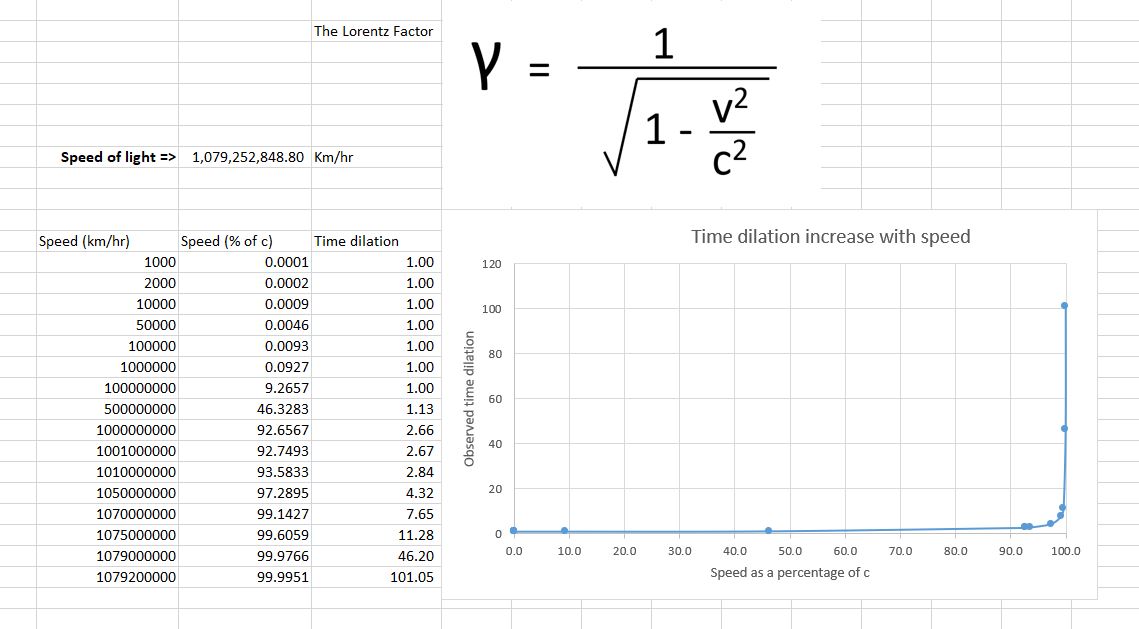The Science of Orlando Jax
Time I - time dilation

Photo by photo-nic.co.uk nic on Unsplash.
When I was writing Orlando Jax, I had to think hard about the best way to deal with time.
There are two problems with time. The first is the way we use it in our language. The second is the way time really works when you're travelling at or near light speed.
I'm not sure who first came up with the idea that there are 24 hours in a day, and 60 minutes in an hour. This Wikipedia entry suggests that it has its origins in ancient Egyptian times. Now we are so used to that framework, that we use references to it constantly in our language: things like "give us a second" or "I'll be there in a minute". The reality is that these phrases are very Earth specific. There is no guarantee that a "day" on another planet will be 24 hours - it could be a couple of hours or several years. I worked on the assumption that, as we move out to and live on other planets, we would need to try and keep some kind of standard unit of time - that we would need the concept of a standard day. To that end, talking about hours and minutes no longer really makes sense, so I used the term "cron". A cron is the equivalent of our minute. There are 20 hectocrons (100 crons) in a standard day, and a hectocron becomes analogous to our "hour". A standard day becomes 2 kilocrons (2,000 crons). If a standard day is actually the same length of time as our Earth day, a cron is 0.72 of a minute. That all sounded very good in principle, but turned out to be quite clunky in execution. It made me think hard about how we use references to time in our language and that in terms of writing, it is a good idea to try and avoid the issue altogether.
The other problem with time, as Lorentz and Einstein so neatly pointed out, is that it is relative and the time you experience very much depends on what you're doing compared to everybody else. If you shoot off from Earth and approach light speed, your clock will run slower than a similar clock on Earth - you will age less. Have a look at the figure below - how time dilation - the Lorentz factor - increases with speed.

Similarly time slows down in the presence of large garvitational fields. This idea was explored in the film Interstellar. Two of the best novels that use the practical consequences of time dilation are the Sci-Fi classics The Forever War by Joe Haldeman and Speaker for the Dead by Orson Scott Card. The truth is that trying to weave the consequences of time dilation into the narrative of a space romp would make the story very complicated. I went with the understanding that yes - making the jump to hyperspace would have profound consequences, but in this case we're just going to ignore them. If Orlando Jax had been whizzing around the galaxy, he would have aged so slowly compared to Jezebel that they would have never seen each other again. And much like the gravity plate, somebody has to be able to create the absolute time framework. That framework relies on some central reference point and everybody agrees to work time out relative to that point.
If you find all this kilo and hecto stuff confusing and would like to remind yourself about the metric prefixes for numerical quantities, have a look here.